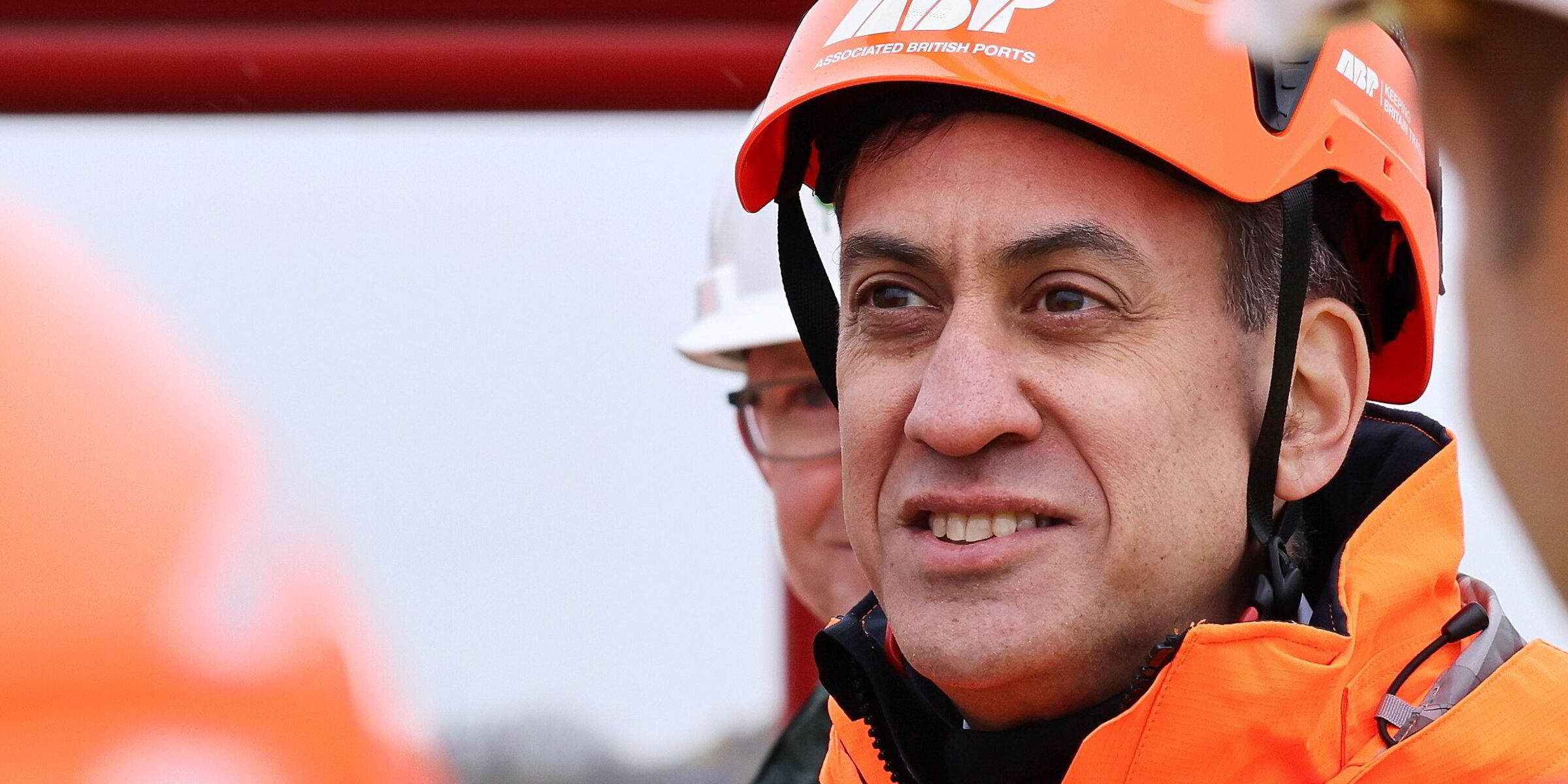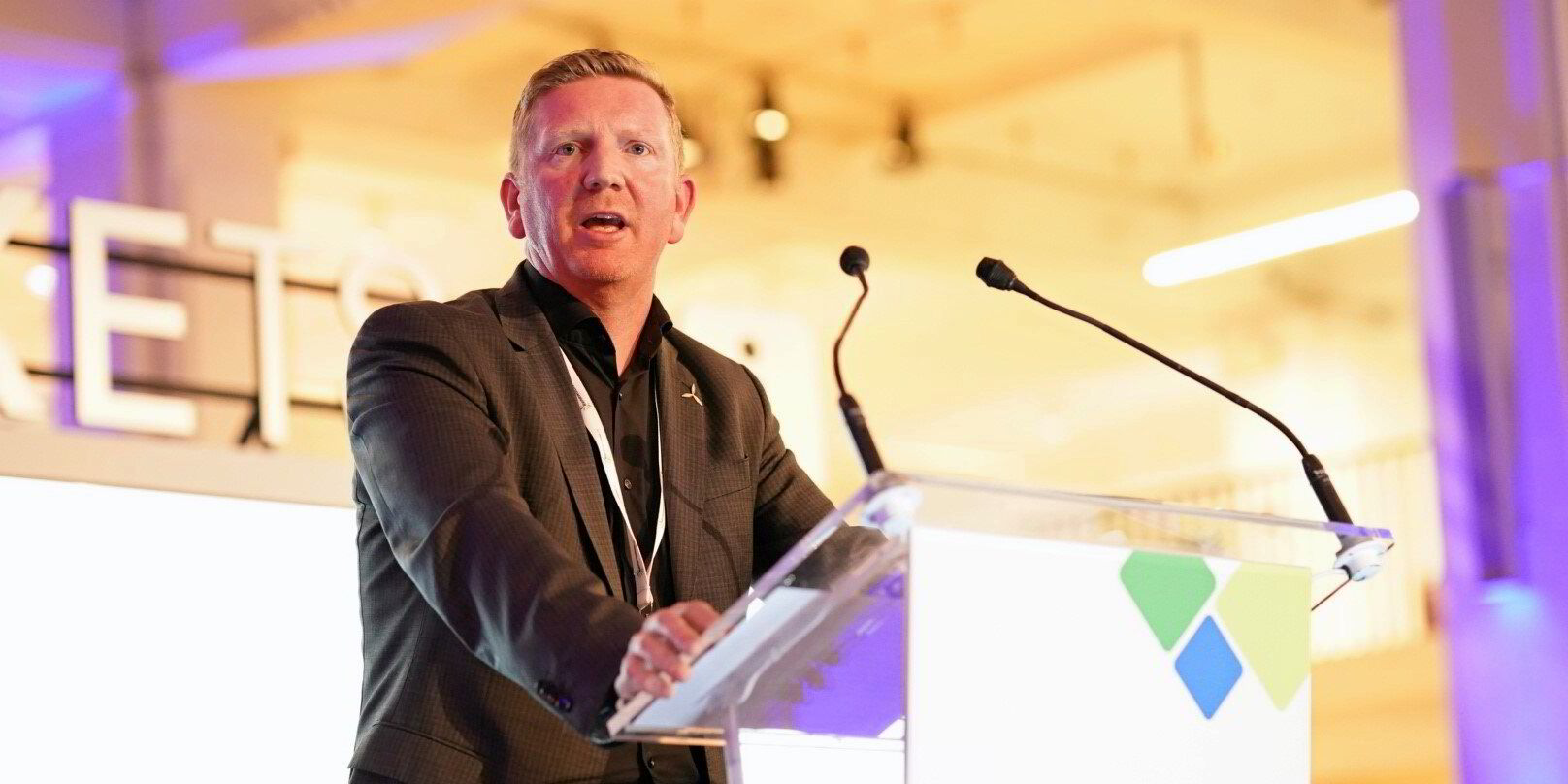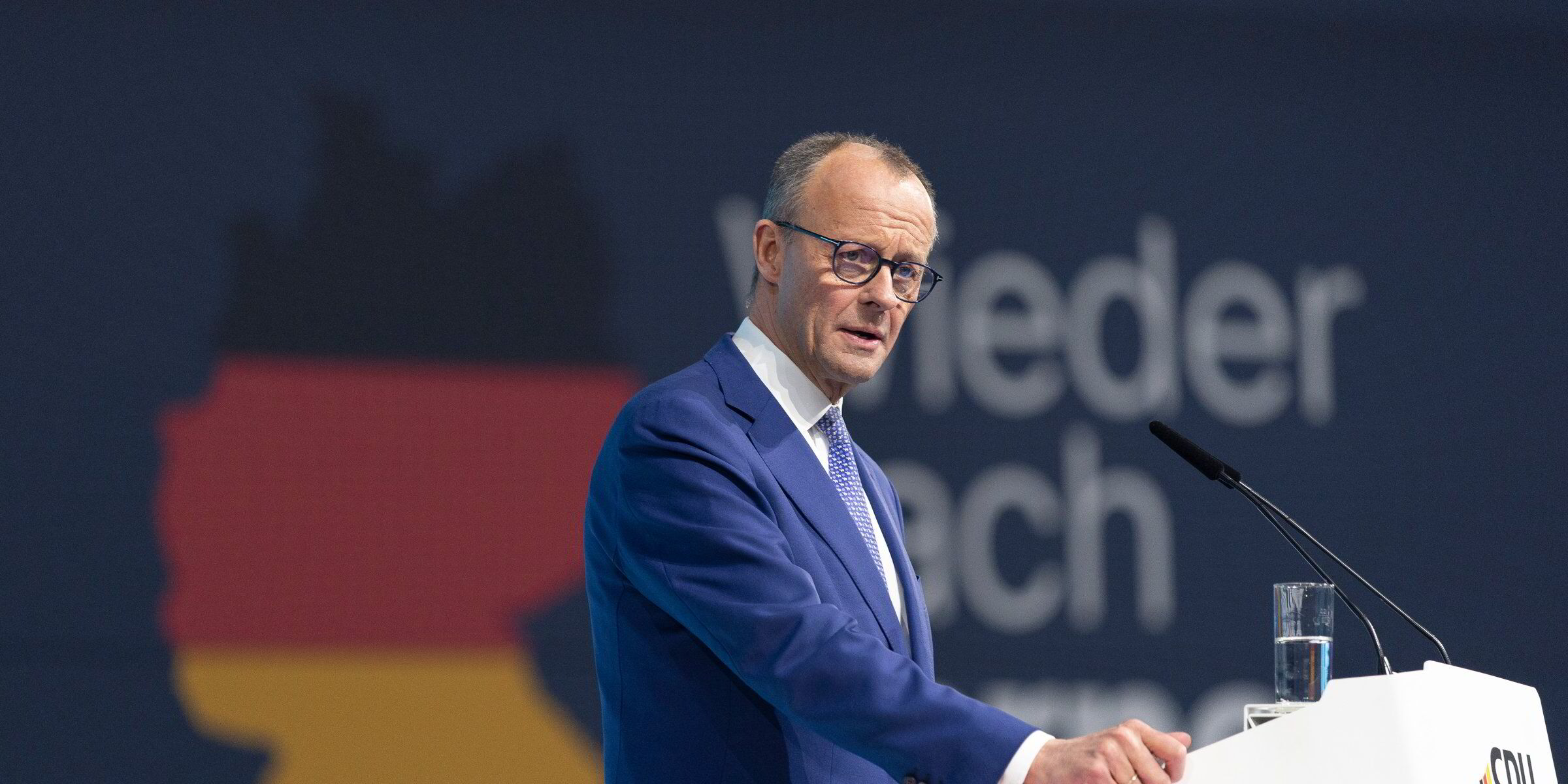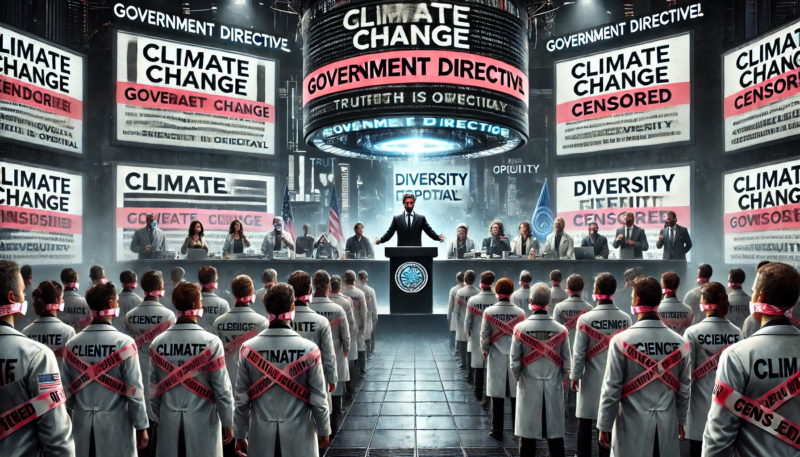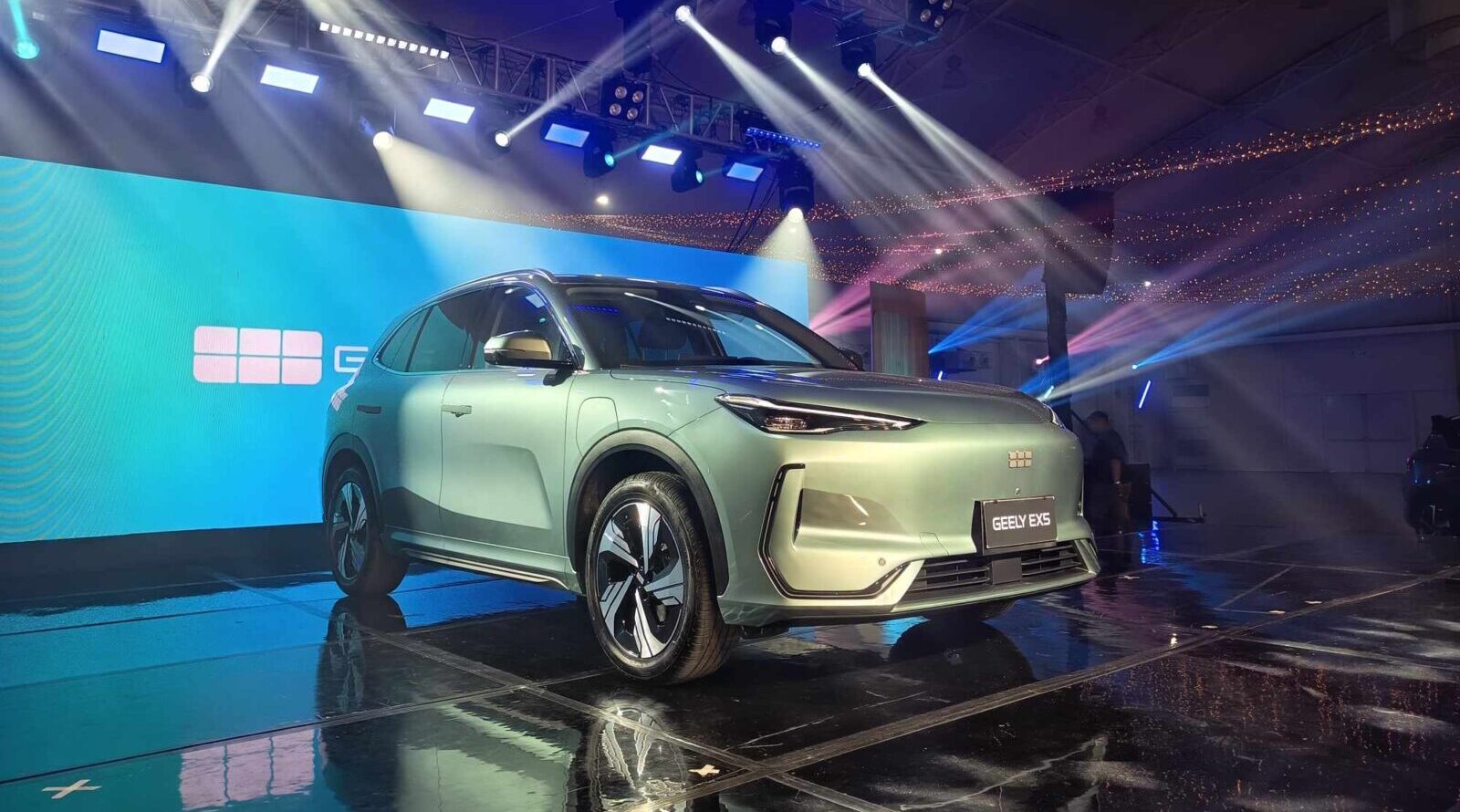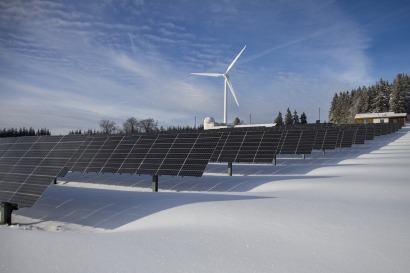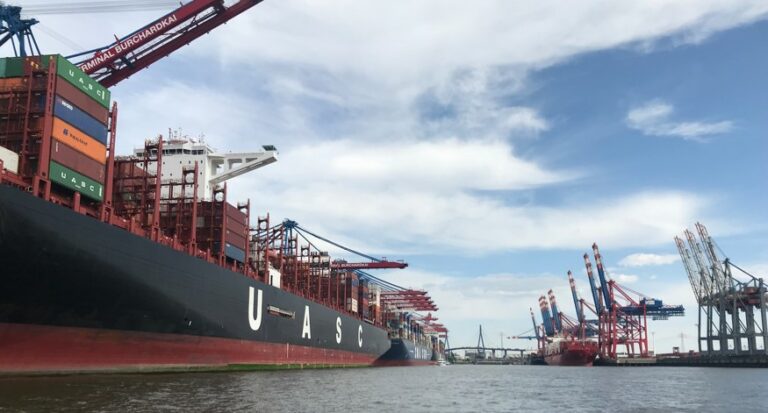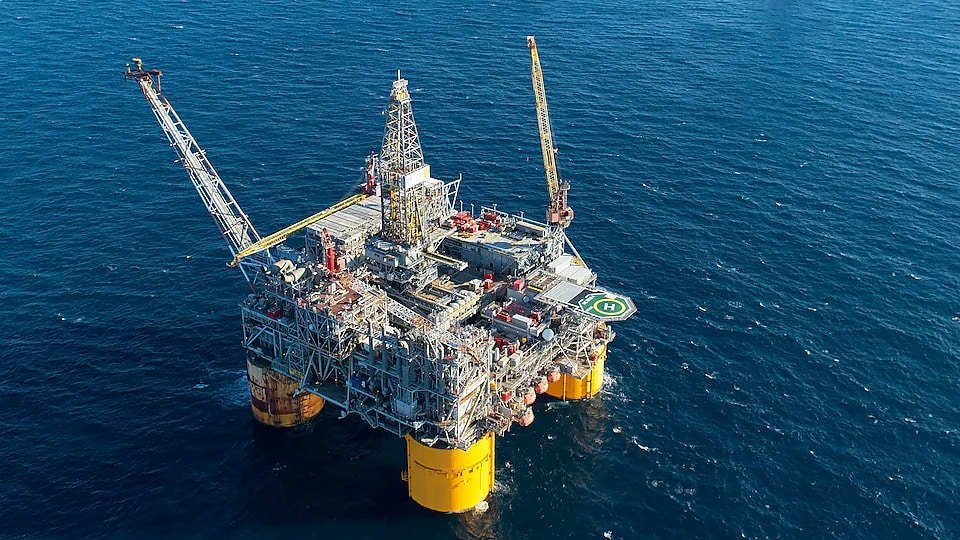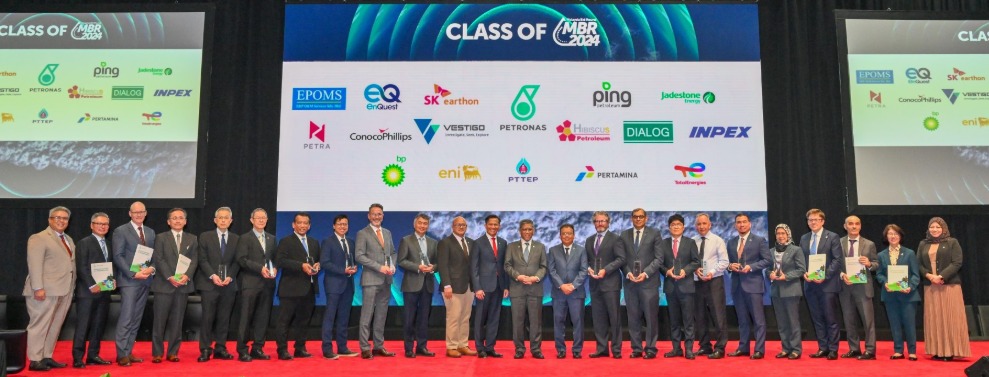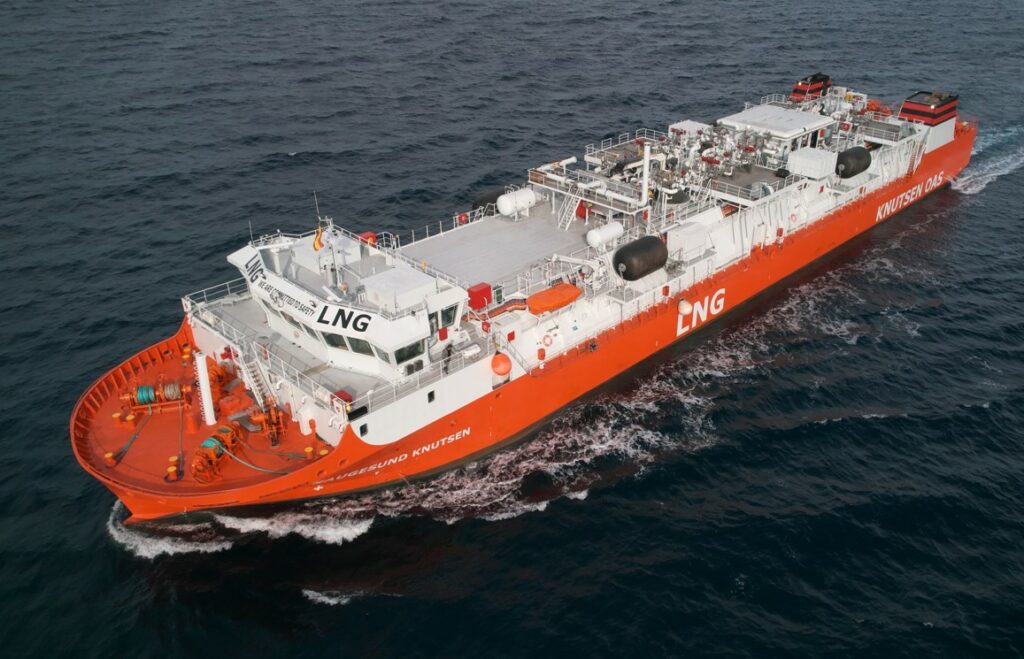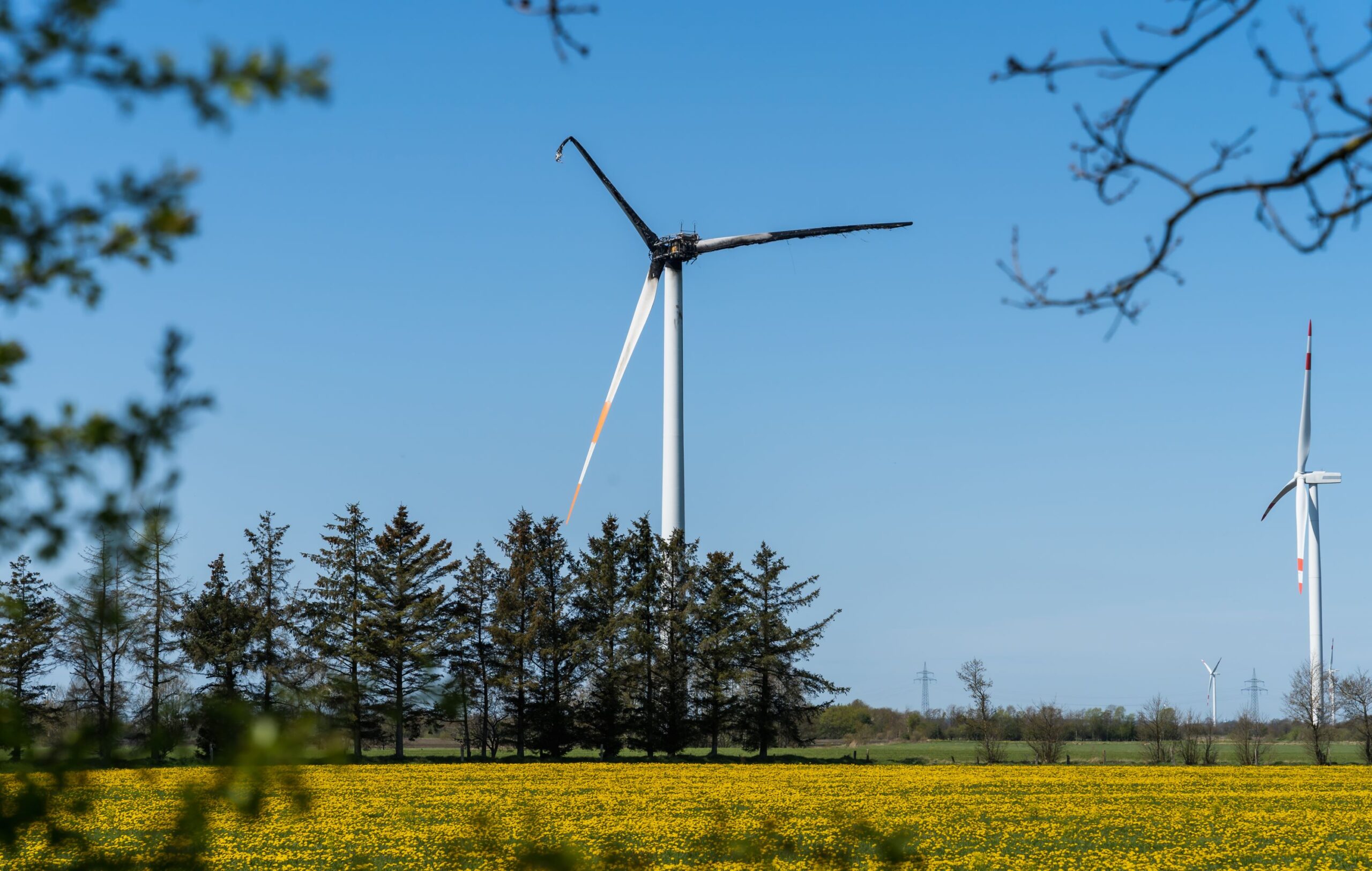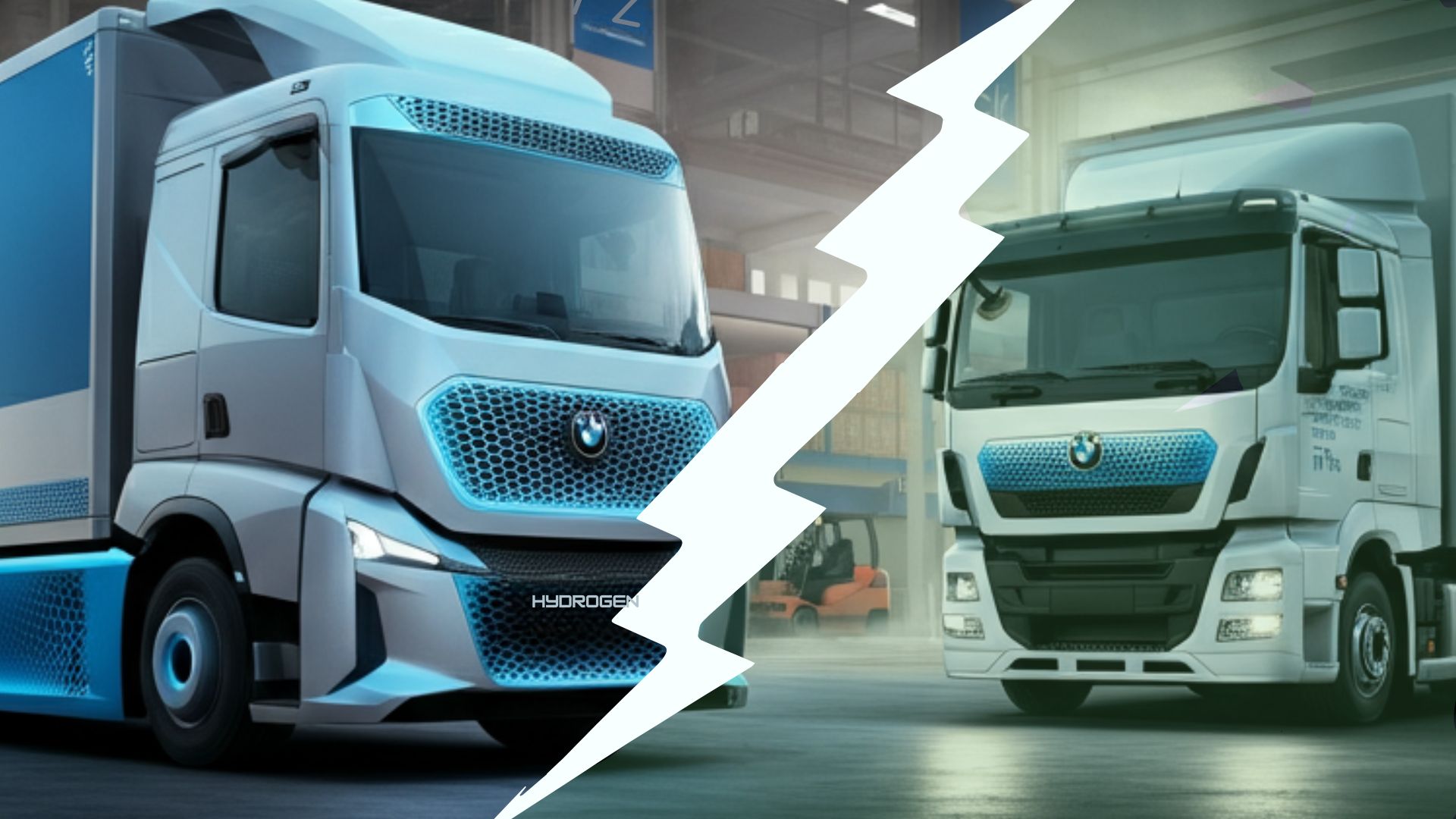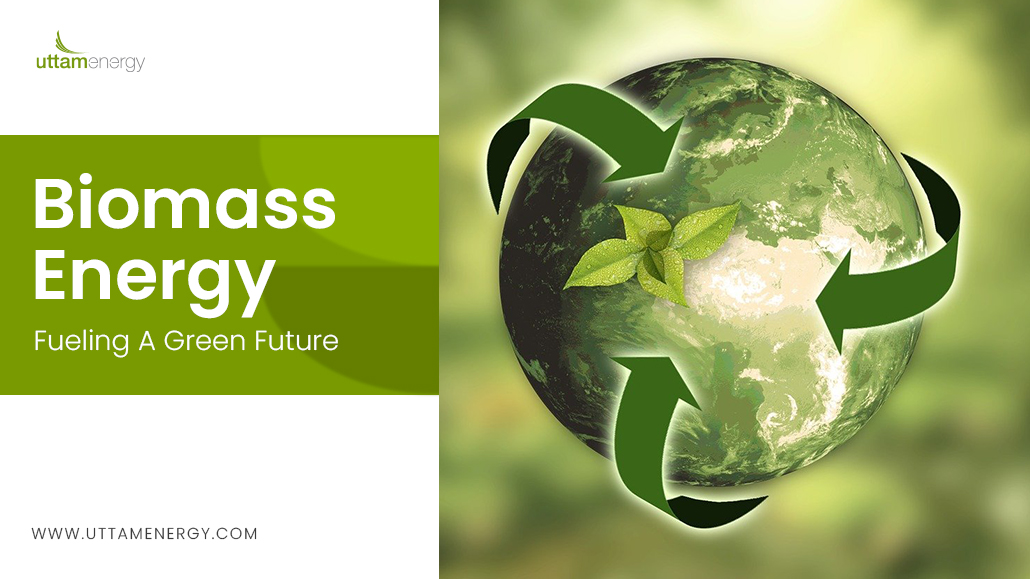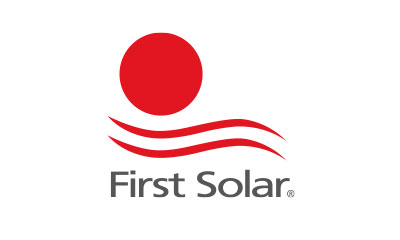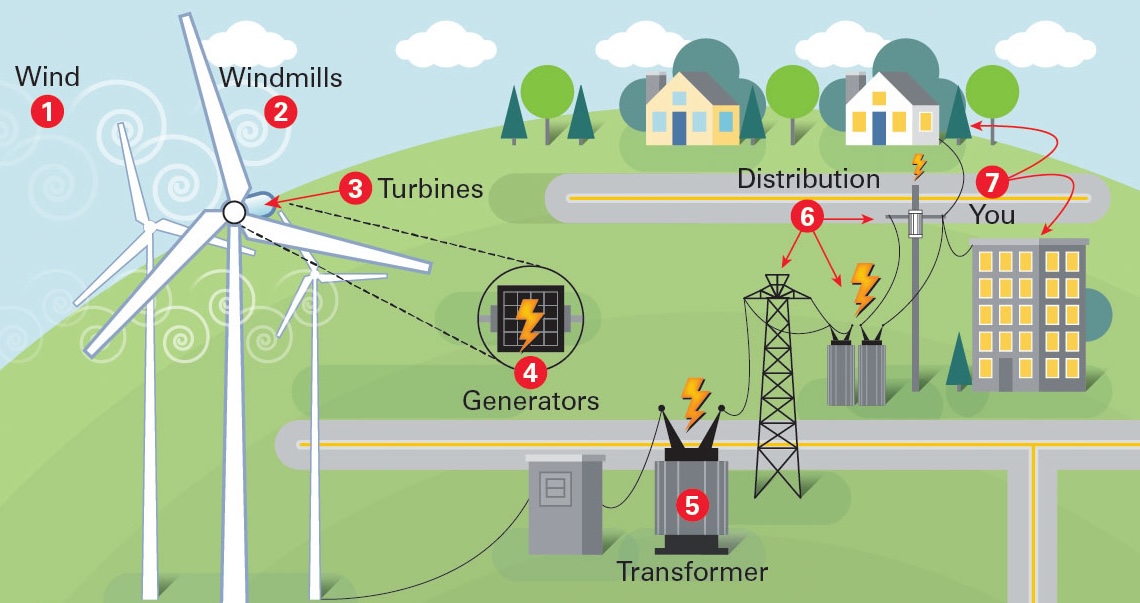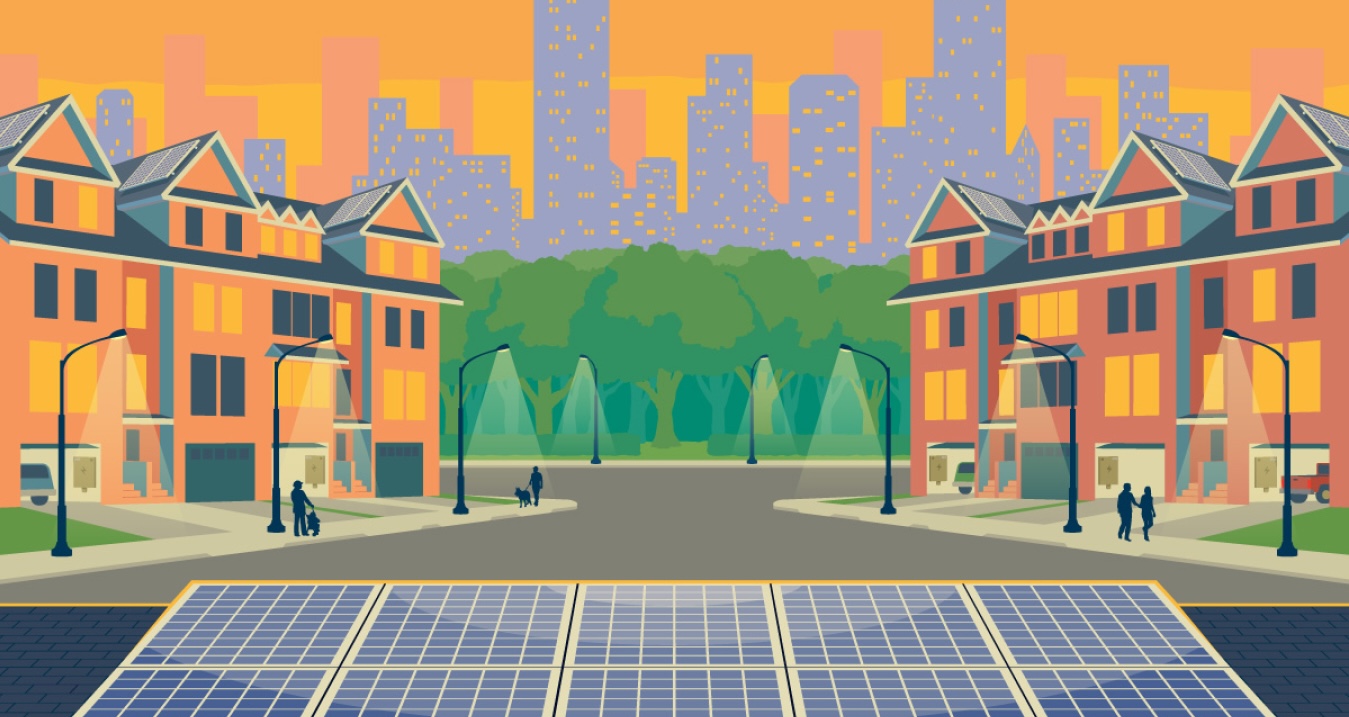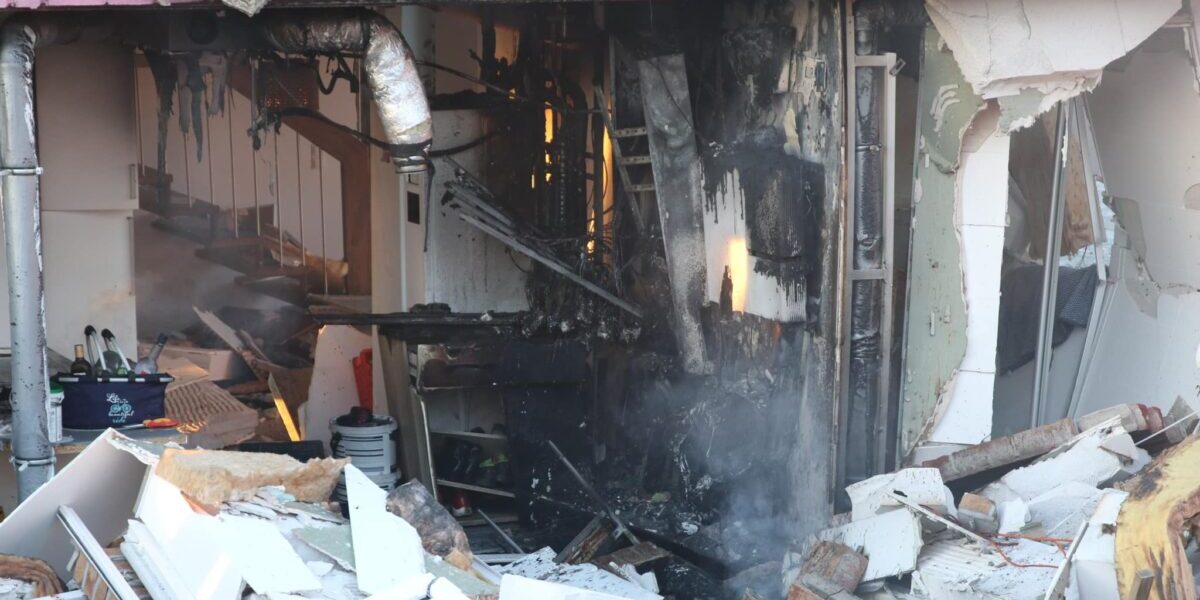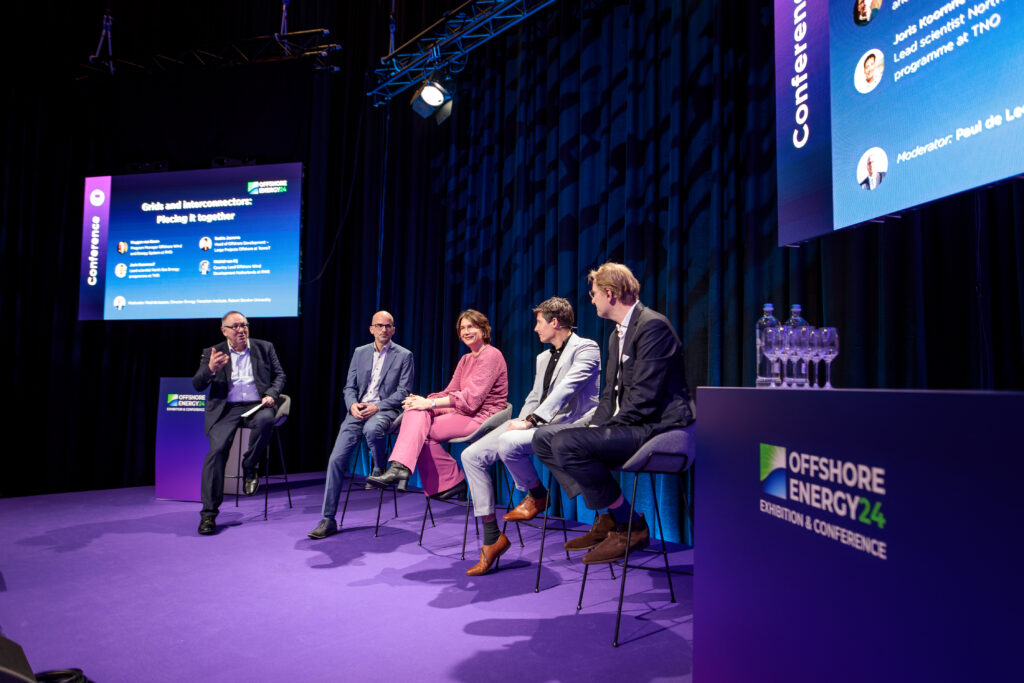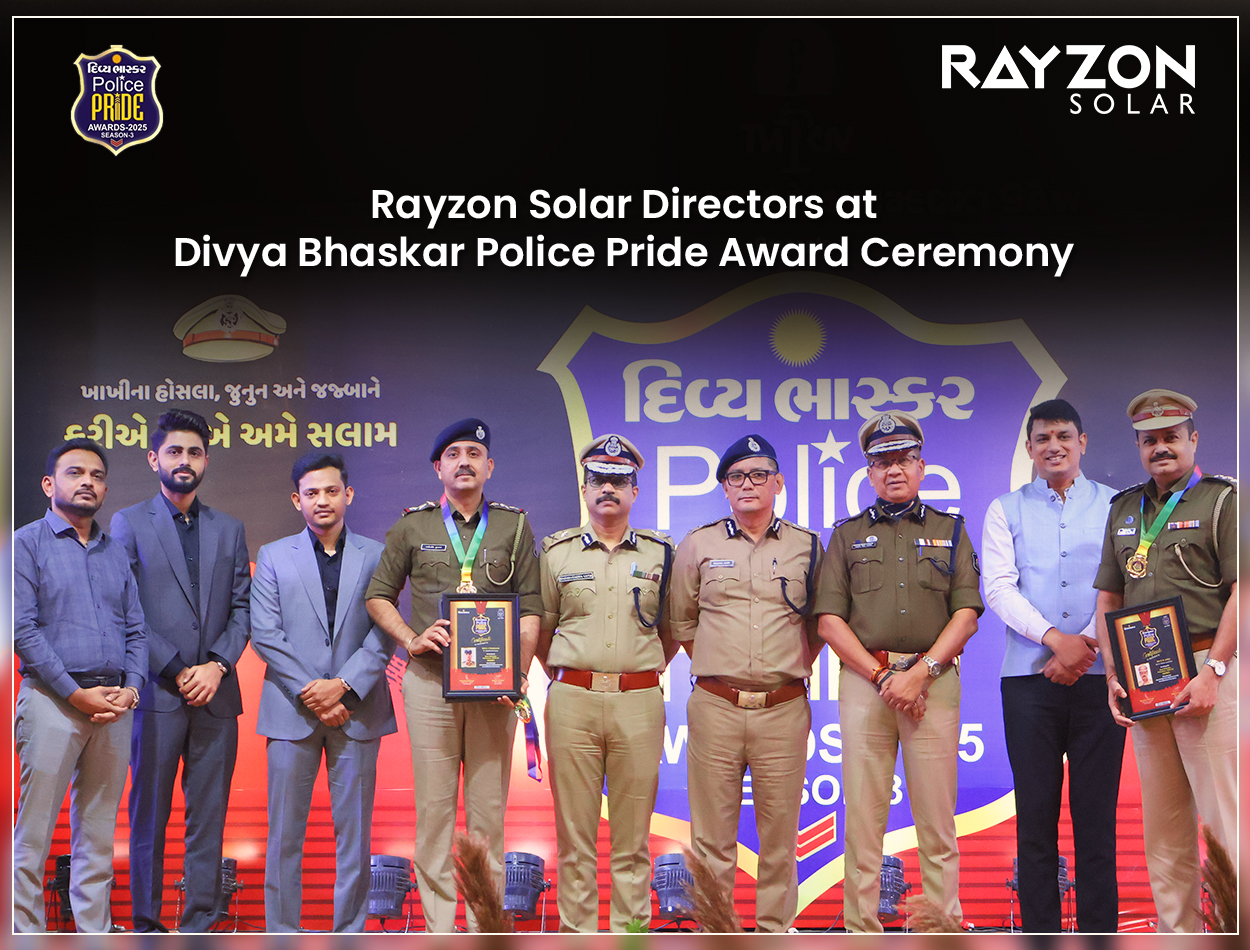Doosan Fuel Cell’s Ambitious Move into South Korea’s Hydrogen Bus Market
Doosan Fuel Cell Company Ltd, through its subsidiary HyAxiom Motors, is preparing to make waves in South Korea’s hydrogen bus…

Doosan Fuel Cell Company Ltd, through its subsidiary HyAxiom Motors, is preparing to make waves in South Korea’s hydrogen bus market. With certification for two hydrogen fuel cell bus models currently underway, this marks a significant step for the company as it positions itself as a key player in the future of sustainable transportation.
HyAxiom Motors Develops Models Designed for Today’s Roads
HyAxiom Motors, founded in 2022 and a subsidiary of Doosan Fuel Cell’s U.S. division, has developed two hydrogen fuel cell electric vehicle (FCEV) bus models designed to meet diverse needs. These include an 11-meter low-floor city bus for urban routes and a high-floor inter-city bus aimed at longer regional travel. Both models are awaiting important certifications from South Korea’s Ministry of Environment and the Korea Gas Safety Corporation, a step required to bring these vehicles to market.
This development could position HyAxiom Motors as the second company to produce hydrogen-powered buses in the country, following Hyundai Motor Group. A competitive addition, this move aligns with broader goals for South Korea to accelerate its adoption of cleaner, hydrogen-based mobility solutions.
The Technology Powering Doosan’s Progress
Doosan’s advancements in hydrogen fuel cell technology go beyond vehicles. The company has integrated polymer electrolyte membrane fuel cells (PEMFC) and solid oxide fuel cells (SOFC) into its innovations. PEMFC technology, noted for its efficiency and stability, delivers quick start-up times and optimal performance at lower operating temperatures. This makes it adaptable not just for mobility solutions like buses and trucks but for stationary applications like buildings and emergency backup systems.
SOFC technology, on the other hand, operates at higher temperatures and brings advantages in terms of scalability and long-lasting performance. Doosan hopes to diversify its applications across land, sea, and even air, leveraging its technology portfolio to support a variety of industries.
A Growing National Push for Hydrogen
Doosan’s timing couldn’t be better. South Korea has been making strategic moves to establish hydrogen as a pillar of its energy and transportation framework. The Ministry of Environment has set a bold target of deploying 21,000 hydrogen buses by 2030 while offering generous subsidies to encourage their adoption. By 2025, the government hopes to see 2,000 FCEV buses on the roads.
For a country heavily reliant on imported fossil fuels, hydrogen represents an opportunity to cut emissions and increase energy independence. This vision aligns with similar goals worldwide, as hydrogen-powered fuel cells offer several advantages over traditional battery electric vehicles (BEVs)—especially for commercial transportation. A competitive edge for FCEV buses is their range of over 500 km, paired with a refueling process that mirrors the convenience of traditional gas stations.
Recent Milestones for HyAxiom and Doosan
Outside of the hydrogen bus market, HyAxiom has been making strides in hydrogen energy solutions. Earlier this year, it became the first company to pass environmental testing for solid oxide fuel cell components in maritime applications—a critical step for expanding fuel cell use into global shipping. Additionally, Doosan’s PureCell® line, including systems like the Tri-Gen, showcases innovative solutions for generating hydrogen, electricity, and heat simultaneously.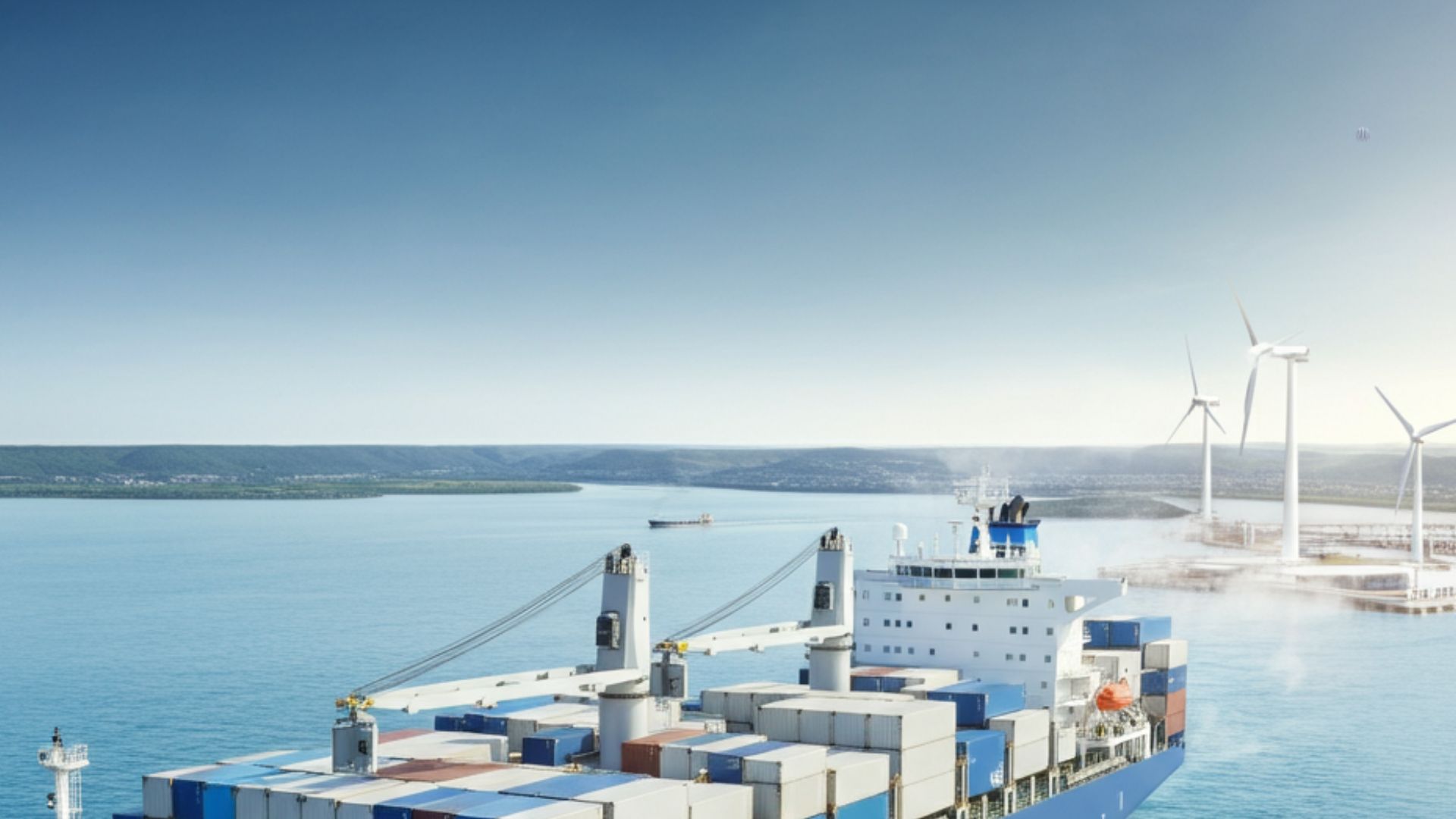
HyAxiom has also been instrumental in helping entities like the University of Hartford and Sheraton Hotels adopt stationary fuel cell installations, reinforcing its commitment to broader clean energy applications.
How This Impacts the Future of Transport
Doosan Fuel Cell and HyAxiom Motors’ entry into the South Korean bus market represents a practical application of cutting-edge hydrogen technologies. While the certification process for the FCEV buses is still in progress, this move signals a significant shift in how larger commercial vehicles may operate in the near future.
For citizens, it means cleaner air and quieter transit options. For the broader industry, it raises the bar for innovation and competition in clean transportation. Application is not limited to buses either—similar hydrogen fuel cells could play a vital role in decarbonizing heavy-duty trucks, shipping vessels, or even trains as infrastructure matures.
Overcoming Infrastructure Challenges for Hydrogen Bus Adoption
Hydrogen technology, though still advancing, already holds enormous potential for transforming energy and transport. The ability to refuel quickly, its long range, and versatility make it particularly suited for commercial vehicles. For cities and governments, hydrogen-powered buses offer a tangible way to meet long-term emission reduction targets while ensuring reliability for public transportation systems.
But adoption isn’t without its challenges. Infrastructure, such as hydrogen refueling stations, needs continuous expansion for widespread use. Investment in research will also be critical to improving efficiency and lowering costs. Companies like Doosan and HyAxiom are helping pave the way, but success will hinge on coordinated efforts between governments, private companies, and local communities.
For now, the roadmap is clear. Hydrogen-powered buses like those developed by HyAxiom Motors might soon offer more than just a ride; they’re a step toward a cleaner, greener future on South Korea’s roads—and possibly, beyond.
What's Your Reaction?







